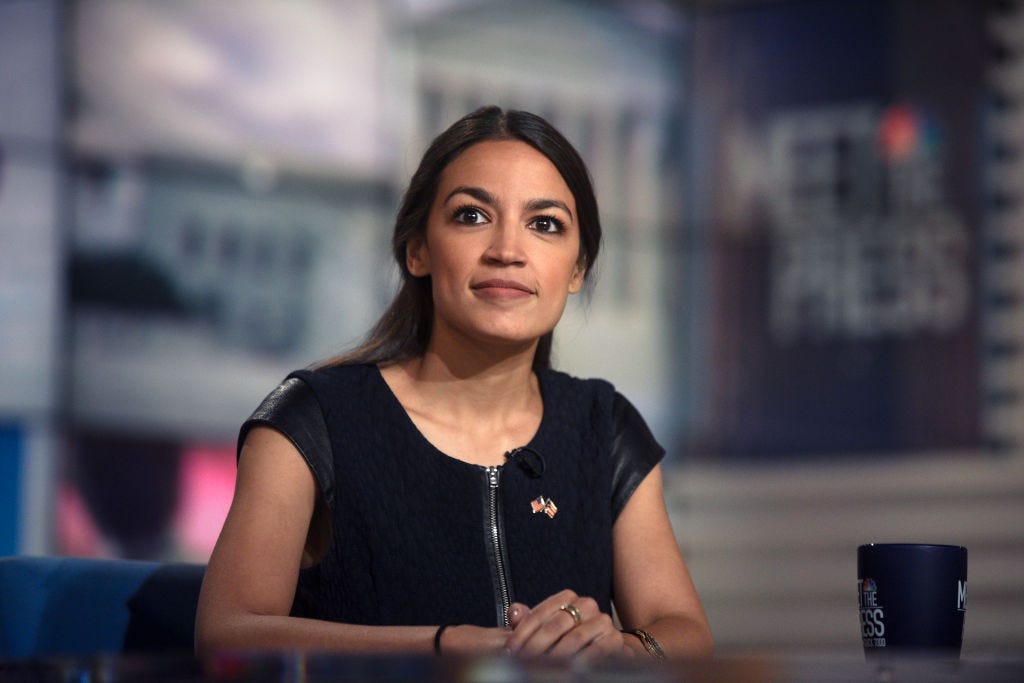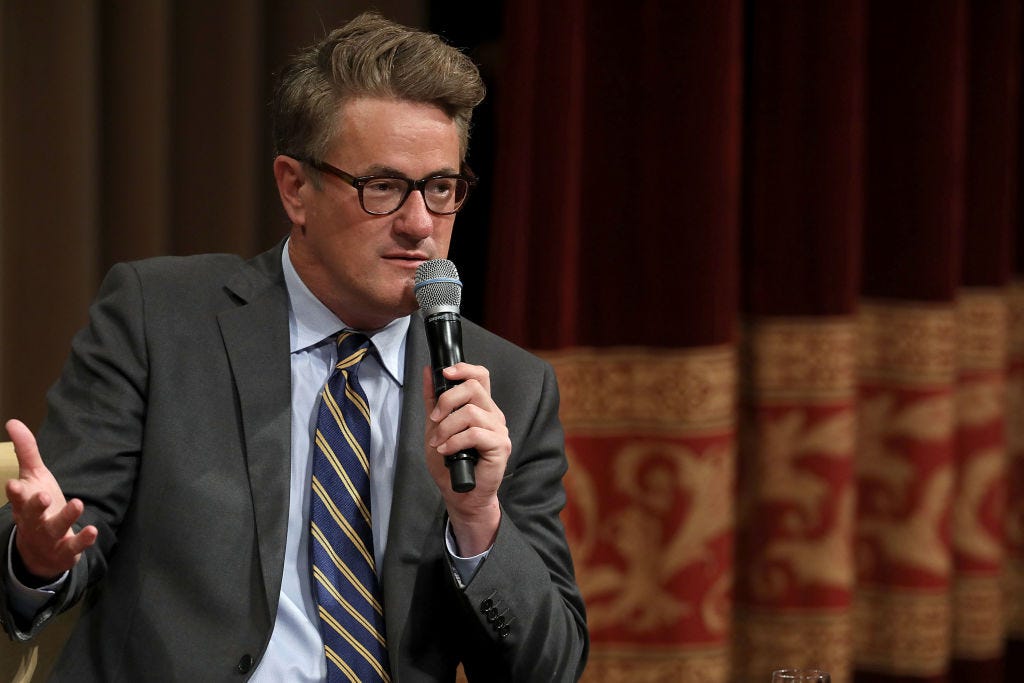Donald Trump’s 20 June rally in Tulsa, Oklahoma was meant to signal the US president’s triumphant return to his re-election campaign after the coronavirus locked down retail politics. Instead, it has become a contentious and contested story about the political power (or otherwise) of TikTok-users and Trump’s popularity.
The basic facts are clear enough.
President Trump’s team, headed by campaign manager Brad Parscale, advertised the Tulsa rally as a sell-out event with more than one million free tickets requested by the president’s fans.
Over 1M ticket requests for the @realDonaldTrump #MAGA Rally in Tulsa on Saturday.
Before entering each guest will get:
✅Temperature check
✅Hand sanitizer
✅Mask
There will be precautions for the heat and bottled water as well.
– Brad Parscale (@parscale) June 15, 2020
Trump repeated that metric in the run-up to Tulsa, telling a Fox News interview that the scale of the demand signalled “a hunger for the rallies.”
In Trump and his campaign’s telling, the Tulsa rally would mark the resumption of the president’s glorious march to re-election on 3 November, with adoring crowds everywhere he went.
But the rally -Trump’s first in three months — was sparsely attended. The 19,000-capacity venue was less than a third full, according to a spokesman for Tulsa’s fire department. The overflow crowd expected by the Trump campaign never turned up, which required the hasty and humiliating dismantling of an outdoor location where Trump and his vice-president were expected to speak. Questions started to be asked about Trump’s political standing, even as as polls increasingly show him losing ground among key demographics such as older voters and suburban women without college degrees.
That’s when the TikTok ructions began. Both the New York Times and CNN ran stories that suggested TikTokers and fans of Korean pop (K-pop) had signed up for Trump rally tickets without any intention of attending.
By that account, the Trump campaign’s 11 June tweet about the upcoming rally set off a frenzy of faux reservations. Then on 12 June, a woman who uses the hashtag TikTokGrandma posted a video. It included the following message: “I recommend that all of those of us that want to see this 19,000-seat auditorium barely filled or completely empty, go reserve tickets now and leave him standing there alone on the stage.” Soon enough, other TikTokers were chiming in.
After Trump was forced to address a thin crowd — described by former Republican strategist Steve Schmidt as the “Emptysburgh Address” — the idea that TikTok was responsible gained ground.

Alexandria Ocasio-Cortez, the social media-savvy 30-year-old Democrat congresswoman, tweeted that the Trump campaign had “got ROCKED by teens on TikTok who flooded the Trump campaign [with] fake ticket reservations & tricked you into believing a million people wanted your white supremacist open mic enough to pack an arena during COVID”. She also thanked “K-pop allies” for “contributions in the fight for justice”. And Schmidt tweeted: “My 16-year-old daughter and her friends in Park City Utah have hundreds of tickets. You have been rolled by America’s teens”.
So does this mean that all it took was a malicious or mischievous prank on TikTok to outwit the well-oiled Trump campaign machine? By extrapolation, is the showing in Tulsa no indication of Trump’s popularity (or lack of)?
There are three points to make.
First, the Trump campaign is insisting that it always weeds out “bogus numbers…(and) phony ticket requests never factor into our thinking”.
Second, it’s not in dispute that there was some activity aimed at Trump’s Tulsa rally by young people. That’s the demographic most devoted to TikTok, the app which allows users to create and share 15-second videos. Fans of K-pop are also thought to have co-ordinated to register en masse for rally tickets. But it seems implausible that TikTokers and K-poppers snapped up roughly 994,000 tickets.
Third, the Trump campaign emailed the Tulsa invite to its entire database of supporters. There was no particular cut-off on the number of available tickets. And there has been no particular outcry so far from anguished Trump supporters who claim they were denied a ticket because a TikToker or K-popper had snagged one instead.

Accordingly, it’s probably reasonable to pay attention to the commentary offered by Joe Scarborough, host of the Morning Joe TV show and a former Republican Congressman. Scarborough, who was once friendly with Trump, tweeted: “People didn’t attend the rally because people decided not to attend the rally. It had nothing to do with TikTok kids or HR Pufnstuf shenanigans”. He added, “Enthusiasm for Trump is down and pandemic cases are up. The campaign raised expectations too high and embarrassed themselves.”
Quite so.
A revolution by TikTok makes a good story. It just may not stand up to scrutiny.


